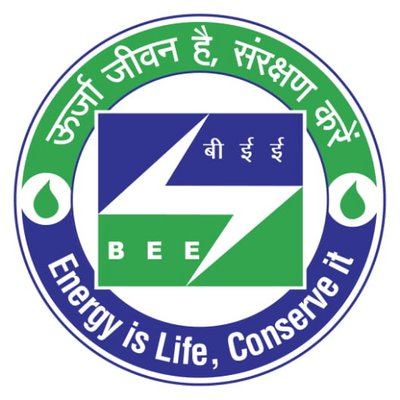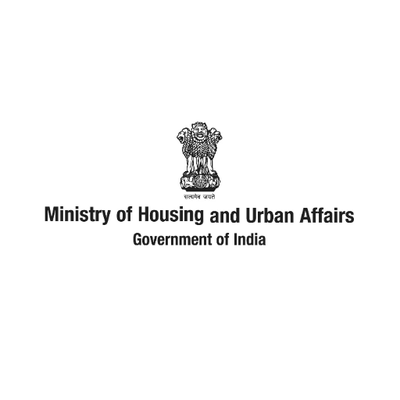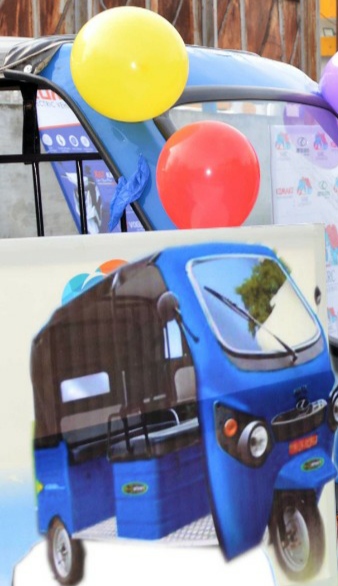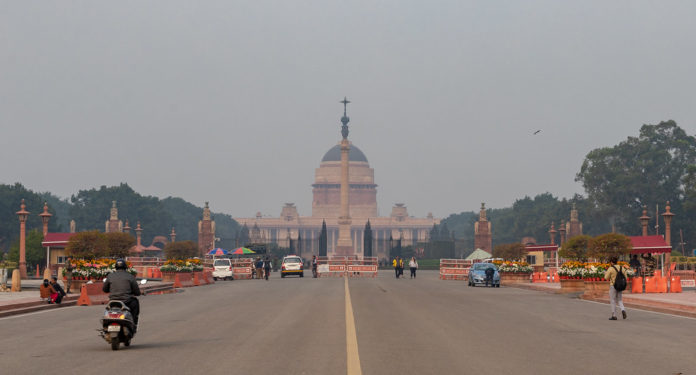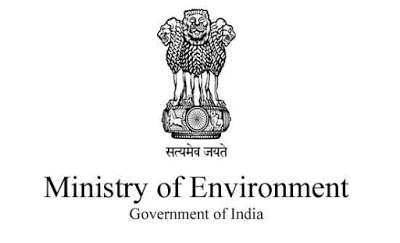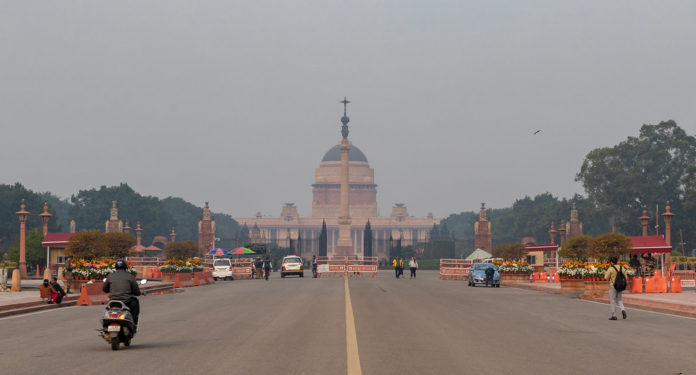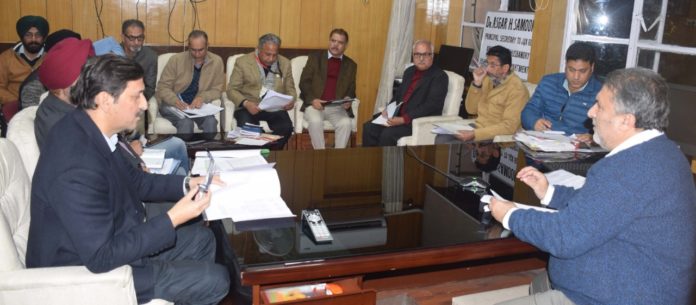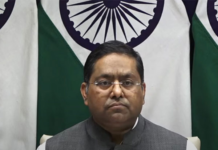New Delhi (NVI): Commerce and Industry Minister Piyush Goyal today said India is a safe investment destination and that the use of Artificial Intelligence (AI) in this direction will particularly benefit investors and startups.
The minister was speaking at an event in New Delhi today where he inaugurated the National Stock Exchange (NSE) Knowledge Hub, an Artificial Intelligence (AI) powered learning ecosystem.
While addressing the gathering, the minister also assured continued Government support to investors and startups and said that India is a safe investment destination today for even the smallest of investors.
The NSE Knowledge Hub is aimed at boosting the banking, financial services and insurance (BFSI) sector, Commerce and industry.
This Knowledge Hub by NSE will strengthen and empower those working in the BFSI sector and will benefit investors and the financial services to give world-class services through knowledge, innovation and value- addition, Goyal said.
The union minister also said that although India has developed as the second-largest fintech hub in the world, a lot of work still needs to be done in the BFSI sector. He also hoped that the Knowledge Hub created by NSE will fill in these gaps and help the financial sector to move into the future.
He said that this industry-driven learning ecosystem will help India in building next generation skills and capabilities in the BFSI sector.
The NSE Knowledge Hub will enhance skills and help academic institutions in preparing future-ready talent for the financial service industry. It is also available on mobile and attempts to bring together world-class content and learners through this state- of- the- art and future-ready platform.
The use of AI will ensure that the skill upgradation is affordable and accessible and helps in the creation of a workforce that is adequate for the requirements of the sector, the minister said.
AI and Machine Learning will contribute USD 1 trillion by 2035 and this is a good beginning by NSE to tap the potential of AI and use it as a tool to create a workforce in the BFSI sector in India, he added.


